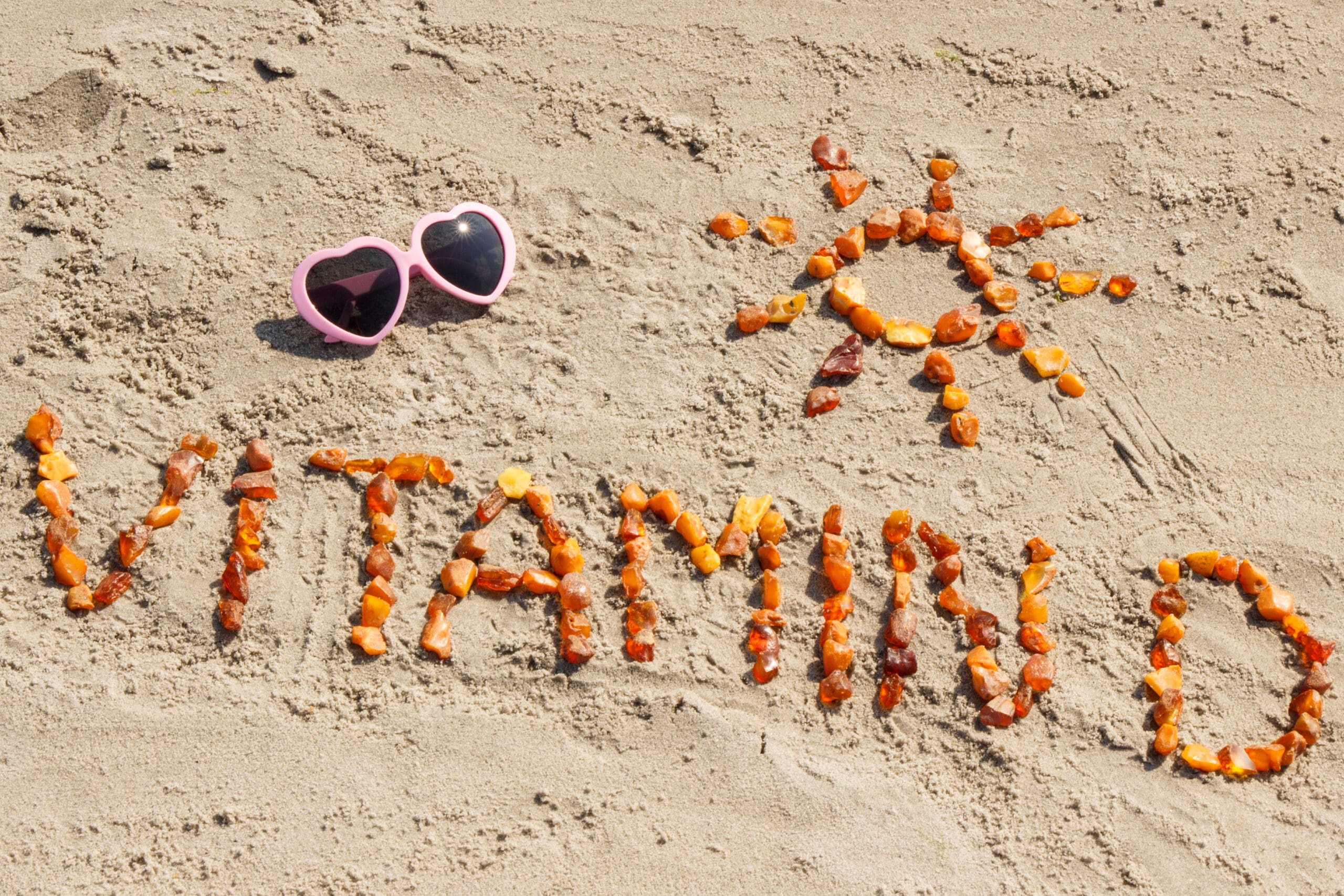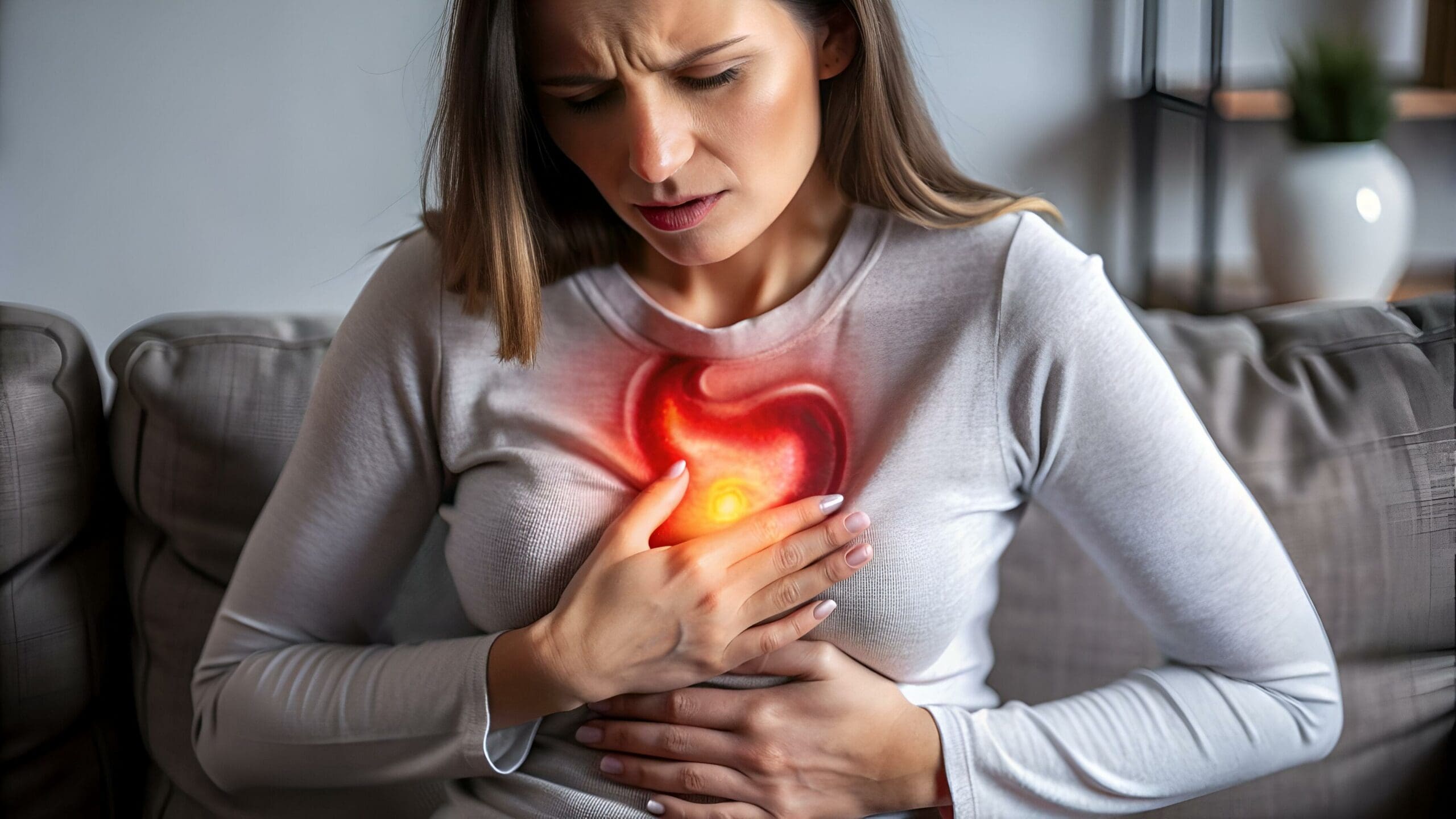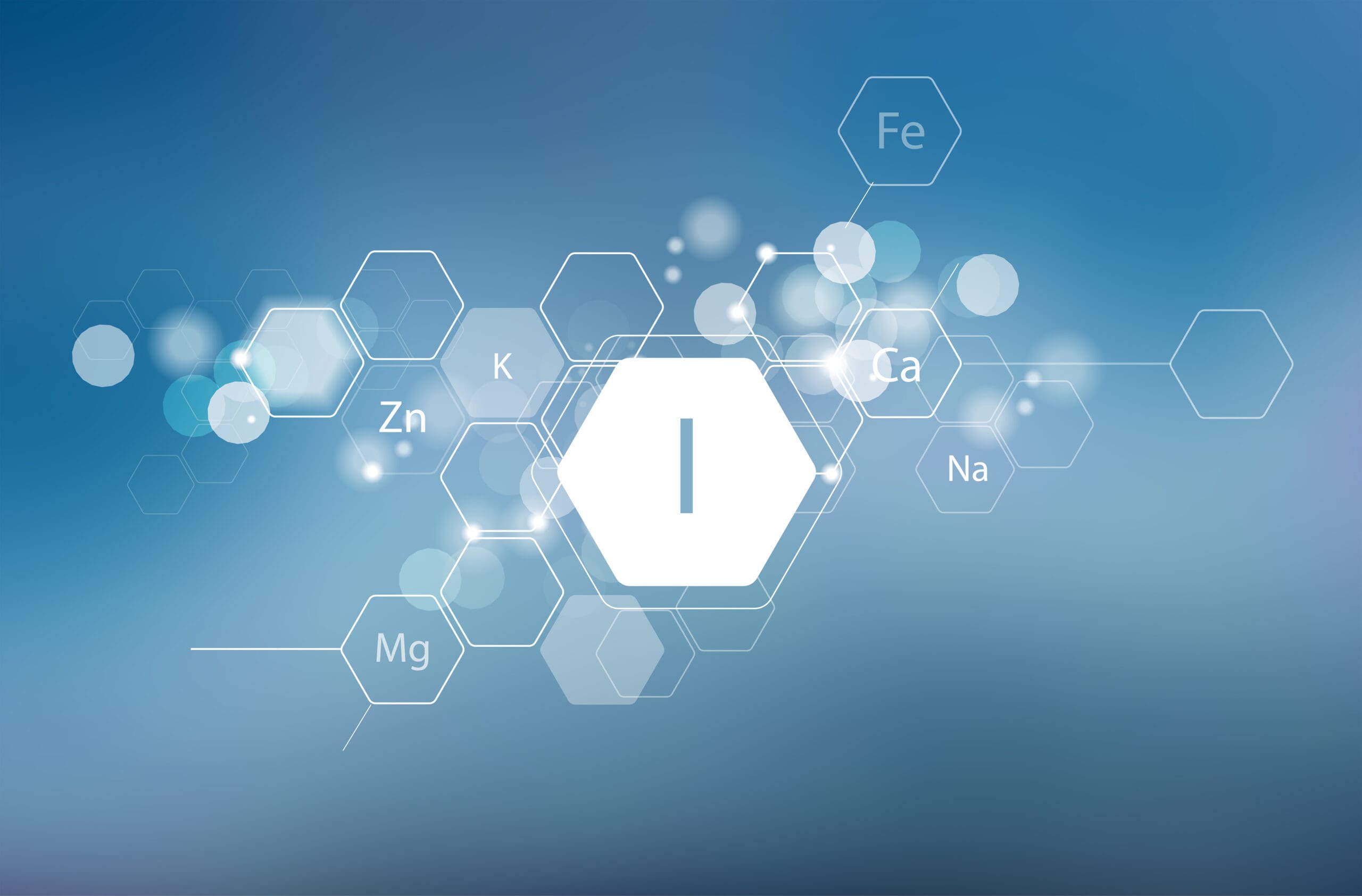How to get the most benefit from your supplements
By Jessah Shaw, Adv Dip (Nut Med)
We believe that eating a variety of healthy foods is the best way to meet your nutritional needs, but some people require extra vitamins or minerals if they suffer from certain deficiencies or health conditions. This is where we will discuss how to get the most out of taking vitamins and minerals:
How should I take water-soluble vitamins?
Like the name says, water-soluble vitamins which include all B vitamins and vitamin C are dissolved in water. This means that our body doesn’t store them, so they must be taken regularly. B vitamins can be taken with or without food, with the exception of vitamin B12, which is better absorbed with food. If also taking vitamin C, take it 2 hours apart from B12 which can prevent your body absorbing vitamin C.
How should I take fat-soluble vitamins?
The fat-soluble vitamins A, D, E, and K need to be taken with some form of fat to be absorbed. Convenient forms include avocado, coconut oil or nuts as they don’t need to be taken with a large amount of fat.
How should I take iron supplements?
Iron is best absorbed on an empty stomach and when taken with vitamin C. This doesn’t necessarily mean a vitamin C supplement but could be in the form of orange juice or a piece of fruit such as kiwi fruit, berries or oranges. If it makes you feel nauseous, have it directly after a meal. Iron tablets can often cause constipation so make sure to drink plenty of water. Please be aware that coffee and tea reduce iron absorption, so it’s best to separate them from an iron supplement by an hour or more.
What about prenatal vitamins?
Getting extra folic acid and iron is critical for a healthy baby. You may even want to take extra folic acid before conception; however, prenatal vitamins may make nausea worse, mostly because of the iron. If you do feel nauseous from your prenatal vitamins, take them with a light snack before bed. Other important prenatal vitamins and minerals include iodine, selenium, vitamin D, zinc, and magnesium. Our magnesium powder relieves muscle cramps, decreases sleeplessness and supports muscle relaxation.
How do I know what’s right for me?
A general rule is to try and obtain more of the nutrients required for your age and sex. For instance, many vitamins aimed at seniors have more calcium, vitamin D and B12 than younger people need. Our Calcium Complete supports mineral absorption into the bones and contains vitamin D and vitamin K to help calcium absorption into the bones. Women are more susceptible to osteoporosis than men and often need extra calcium and vitamin D and K after menopause to protect bone health.
The majority of people would benefit from taking selenium, an important mineral that is deficient in many soils around the world and reduces harm caused from free radicals formed in the body. Selenium also assists thyroid hormone production and supports healthy thyroid and breast tissue.
Your levels of vitamin D, vitamin K, folic acid and B 12 can be determined accurately from a routine blood test. The best way to see if you are deficient in iodine is with a urine test to measure the concentration of iodine. Serum iron studies will accurately determine your total body iron status. Severe iron deficiencies are common in menstruating women and are best treated with an iron infusion. The reason for the low iron status must be investigated and treated.
It is difficult to determine total body selenium status unless toe nail clippings or tissue biopsy is done.
The best way to know if you have any nutritional deficiencies that need to be addressed is to consult with a naturopath or holistic doctor who can interpret blood test results as well as symptoms which may indicate certain nutrients that are lacking in your diet. To make an appointment please call our clinic on 02 4655 4666.









Thankyou
Very informative
As we are getting older it’s good to have this information and to be reminded of it from time to time.
Keep up the great work.